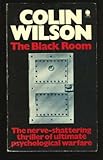Your Two Selves
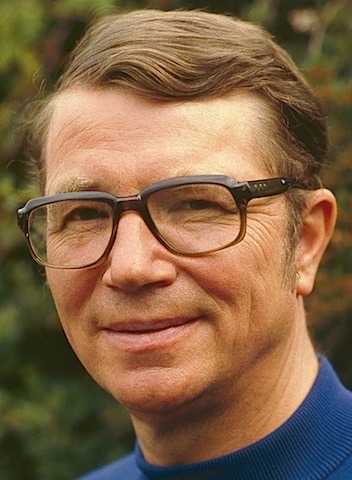
This is an interesting notion, though I’m not sure that Colin is quite right in saying that it is the cause of “most” mental illness!
“We might liken the ‘two selves’ to Laurel and Hardy. Ollie is the objective mind, ‘you’. Stan is the subjective mind, the ‘hidden you’. But Stan happens to be in control of your energy supply. So if you wake up feeling low and discouraged, you (Ollie) tend to transmit your depression to Stan, who fails to send you energy, which makes you feel lower than ever. This vicious circle is the real cause of most mental illness.”
–Colin Wilson (English Novelist and Writer on Philosophy, Sociology and the Occult, 1931-)

“Super Consciousness: The Quest for the Peak Experience” (Colin Wilson)
Your Latent Powers
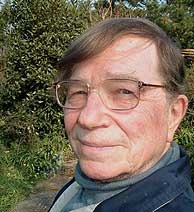
“Faculty X is simply that latent power in human beings possess to reach beyond the present. After all, we know perfectly well that the past is as real as the present, and that New York and Singapore and Lhasa and Stepney Green are all as real as the place I happen to be in at the moment. Yet my senses do not agree. They assure me that this place, here and now, is far more real than any other place or any other time. Only in certain moments of great inner intensity do I know this to be a lie. Faculty X is a sense of reality, the reality of other places and other times, and it is the possession of it — fragmentary and uncertain though it is — that distinguishes man from all other animals.”
–Colin Wilson (English Novelist and Writer on Philosophy, Sociology and the Occult, 1931-)
An Optmistic Philosophy

As far back as I can remember, I have had a close affinity with the work of the Swedish sage Emanuel Swedenborg. There are many reasons why his work may be of real value to you. Here, in a few succinct words, Colin Wilson says something most important:
“The real importance of Swedenborg lies in the doctrines he taught, which are the reverse of the gloom and hell-fire of other breakaway sects. He rejects the notion that Jesus died on the cross to atone for the sin of Adam, declaring that God is neither vindictive nor petty-minded, and that since he is God, he doesn’t need atonement. It is remarkable that this commonsense view had never struck earlier theologians. God is Divine Goodness, and Jesus is Divine Wisdom, and Goodness has to be approached through Wisdom. Whatever one thinks about the extraordinary claims of its founder, it must be acknowledged that there is something very beautiful and healthy about the Swedenborgian religion. Its founder may have not been a great occultist, but he was a great man.”
–Colin Wilson (English Novelist and Writer on Philosophy, Sociology and the Occult, 1931-)
Becoming Fully Alive
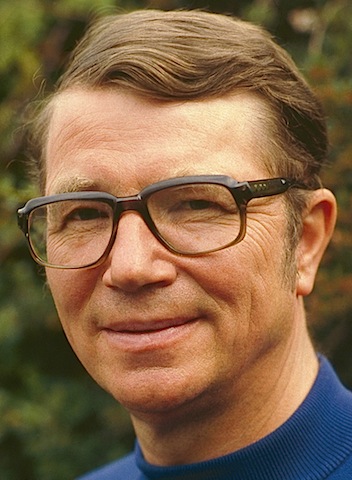
“These are the visionary, mystical moments, when a man ‘completes his partial mind’. His everyday conscious self is only a small part of the mind, like the final crescent of the moon. In moments of crisis, the full moon suddenly appears.”
–Colin Wilson (English Novelist and Writer on Philosophy, Sociology and the Occult, 1931-)

Recognizing Scientific Prejudice

“No matter how honest scientists think they are, they are still influenced by various unconscious assumptions that prevent them from attaining true objectivity. Expressed in a sentence, Fort’s principle goes something like this: People with a psychological need to believe in marvels are no more prejudiced and gullible than people with a psychological need not to believe in marvels.”
–Colin Wilson (English Novelist and Writer on Philosophy, Sociology and the Occult, 1931-)

“Mysteries: An Investigation into the Occult, the Paranormal and the Supernatural” (Colin Wilson)
Art Is The Science of Human Destiny
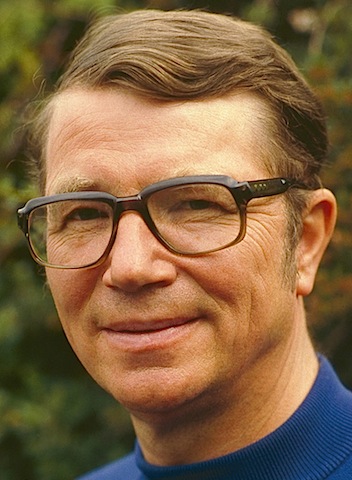
“Art is naturally concerned with man in his existential aspect, not in his scientific aspect.
For the scientist, questions about man’s stature and significance, suffering and power, are not really scientific questions; consequently he is inclined to regard art as an inferior recreation.
Unfortunately, the artist has come to accept the scientist’s view of himself. The result, I contend, is that art in the twentieth century — literary art in particular — has ceased to take itself seriously as the primary instrument of existential philosophy. It has ceased to regard itself as an instrument for probing questions of human significance.
Art is the science of human destiny.
Science is the attempt to discern the order that underlies the chaos of nature; art is the attempt to discern the order that underlies the chaos of man. At its best, it evokes unifying emotions; it makes the reader see the world momentarily as a unity.”
–Colin Wilson (English Novelist and Writer on Philosophy, Sociology and the Occult, 1931-)
“The Strength to Dream: Literature and the Imagination” (Colin Wilson)
Expanding Our Potential

“What is necessary at this stage in our evolution is not a ‘return’ to the psychic powers of our ancestors, but an expansion of our own potential powers, based upon the certain knowledge that such powers exist.”
–Colin Wilson (English Novelist and Writer on Philosophy, Sociology and the Occult, 1931-)

“Alien Dawn: A Classic Investigation into the Contact Experience” (Colin Wilson)
Waking Up
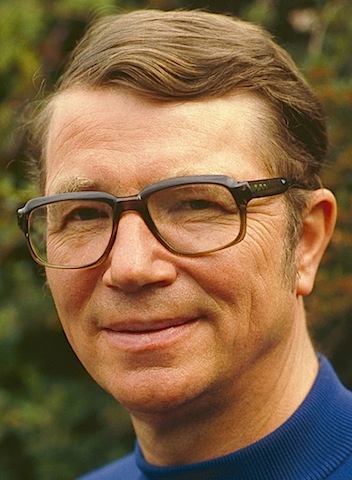
“When I’m bored, my sense of values goes to sleep. But it’s not dead, only asleep. A crisis can wake it up and make the world seem infinitely important and interesting. But what I need to learn is the trick of shaking them awake myself . . . And incidentally, another name for the sense of values is intelligence. A stupid person is a person whose values are narrow.”
–Colin Wilson (English Novelist and Writer on Philosophy, Sociology and the Occult, 1931-)
Self-Exploration
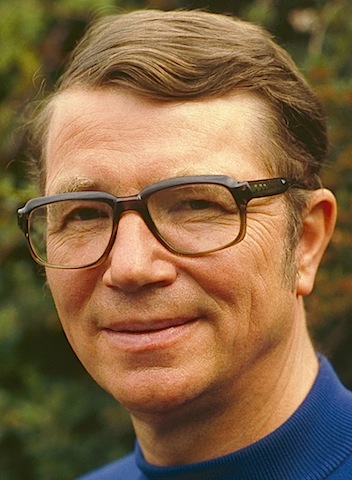
“The exploration of oneself is usually also an exploration of the world at large, of other writers, a process of comparison with oneself with others, discoveries of kinships, gradual illumination of one’s own potentialities.”
–Colin Wilson (English Novelist and Writer on Philosophy, Sociology and the Occult, 1931-)


